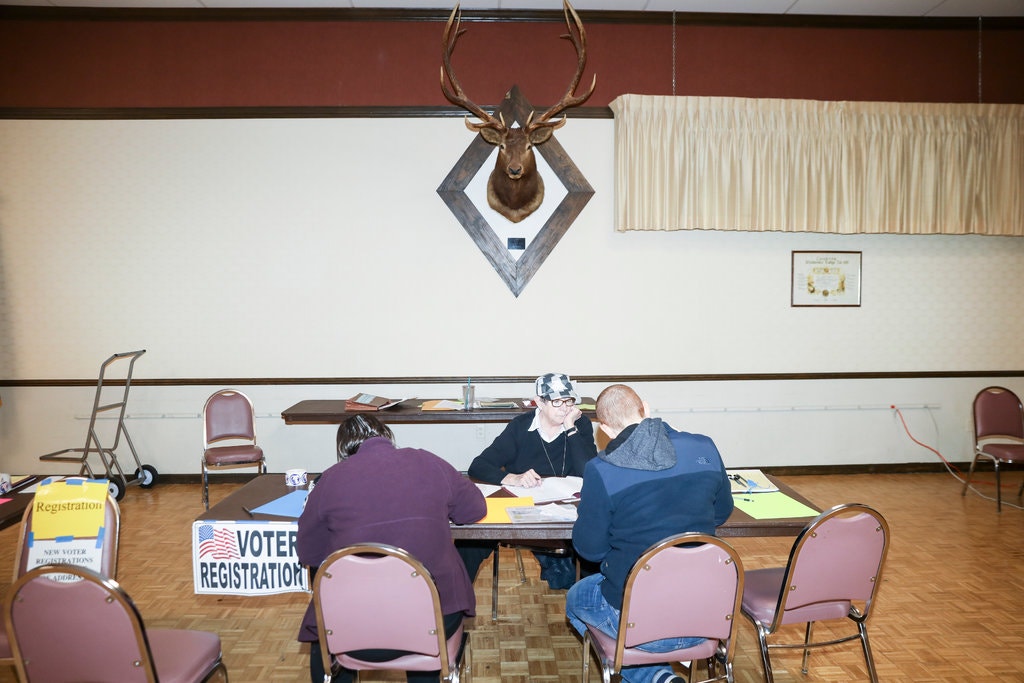Wisconsin’s method of cleaning its voter registration list may disenfranchise a significant number of voters.
A new study suggests some voters in Wisconsin, particularly members of minority communities in that perennial tossup state, may lose their voting rights thanks to flaws in the state’s process for maintaining registration lists.
At least 4 percent of Wisconsin voters’ registrations were incorrectly flagged as out of date in 2018 because they were suspected of having moved but had not done so, Yale University researchers found.
Their report offers a number of caveats that demonstrate the incorrect labeling is likely higher than 4 percent. And in a place where the state Supreme Court is considering whether to purge 129,000 voters — and where the last two contests for presidential electors were each decided by fewer than 25,000 ballots — every registration is critical.
Wisconsin participates in the Electronic Registration Information Center, which shares data (like motor vehicle and Postal Service records) among 30 states and Washington, D.C., to help them maintain voter registration lists, or poll books. Yale’s researchers, led by political science professor Gregory Huber, compared ERIC’s Wisconsin data to actual voter files from 2018 and 2019.
From there, they could determine which suspected movers never responded to the state’s postcards seeking address confirmation but still cast ballots at the addresses on file — data totaling at least 9,000 registrants, or 4 percent of the registered voters. And minority voters were twice as likely as white voters to be mislabeled.

